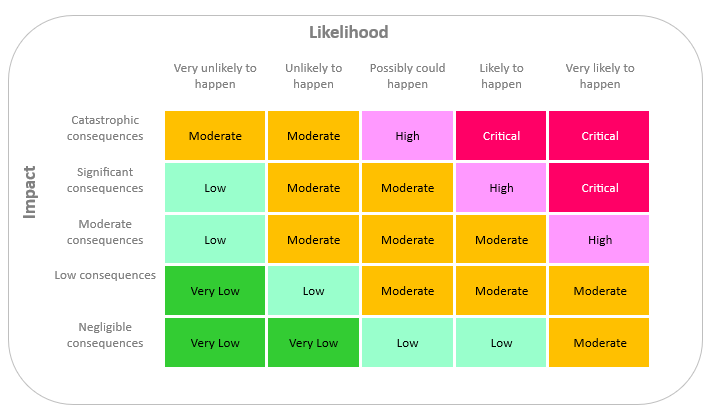The Importance of Health and Safety in the UK Telcoms sector

Health and safety in the telecoms sector in the UK, as in any industry, is of paramount importance.
Ensuring the well-being of employees and the general public, as well as protecting critical infrastructure, are key reasons why health and safety measures are vital in this sector.
Big Mountain Consultancy have extensive experience in the telcoms sector and can help organisations to comply with their health and safety arrangements and win contracts.
Here are some reasons why health and safety in the telecoms sector is important:
1. Employee Well-being: Telecoms workers often deal with the installation, maintenance, and repair of equipment on communication towers, often at great heights. Ensuring their safety is critical to prevent accidents and injuries. Health and safety measures can include proper training, safety equipment, and procedures for working at height.
2. Public Safety: Telecoms infrastructure is ubiquitous and often located in public spaces, such as streets and buildings. Ensuring the safety of the general public is crucial, as accidents or equipment failures can pose serious risks to people passing by.
3. Technological Infrastructure: Telecommunications networks are critical infrastructure, and any disruptions can have far-reaching consequences, including impacts on emergency services, public communication, and the economy.
Health and safety measures help protect this infrastructure from damage and outages caused by accidents or negligence.
4. Regulatory Compliance: The UK has strict regulations in place to ensure health and safety in the workplace. Companies operating in the telecoms sector are legally obligated to comply with these regulations to avoid fines and legal consequences.
5. Reputation and Brand Image: Companies that prioritise health and safety build a positive reputation and enhance their brand image. Customers and clients are more likely to trust a telecoms company that places a high value on safety.
6. Cost Savings: Investing in health and safety measures can lead to cost savings in the long run. Fewer accidents and injuries mean lower healthcare and compensation costs, as well as reduced downtime and maintenance costs.
7. Worker Productivity: A safe and healthy work environment can improve employee morale and productivity. Employees who feel safe are more likely to perform their jobs effectively.
8. Innovation and Sustainability: Health and safety considerations are increasingly being integrated into the design and implementation of new telecommunications technologies. Sustainable practices can reduce environmental impacts and improve long-term sustainability.
9. Continuous Improvement: By emphasising health and safety, companies in the telecoms sector can promote a culture of continuous improvement.
Regular safety audits and feedback mechanisms help identify and address potential hazards and risks.
In summary, health and safety in the UK's telecoms sector is crucial to protect employees, the public, critical infrastructure, and the reputation of companies operating in the industry. It is both a legal requirement and a moral obligation to ensure that safety measures are in place and that they are continuously improved upon as the sector evolves.










